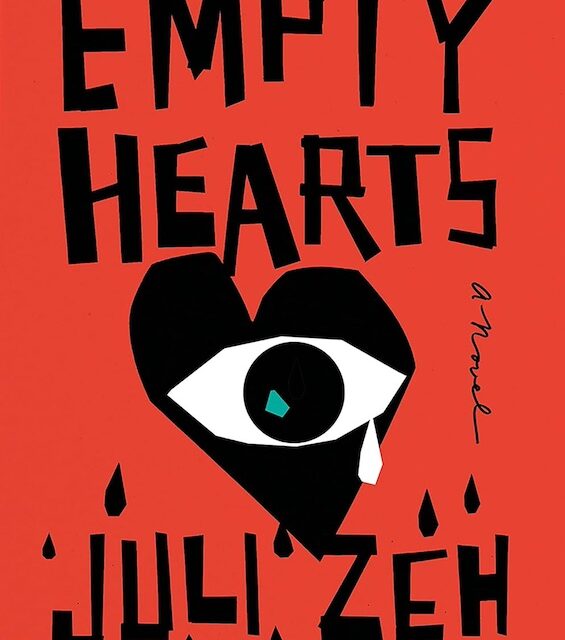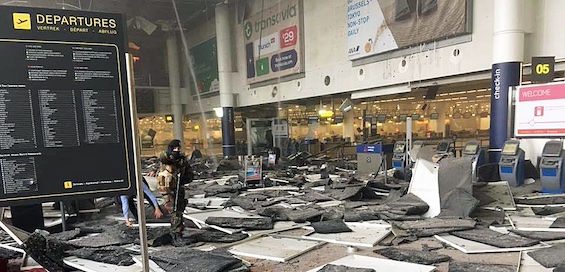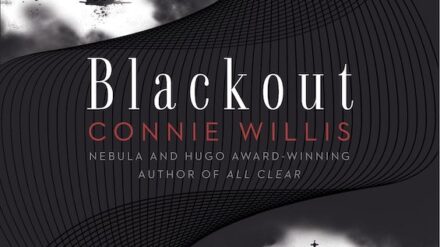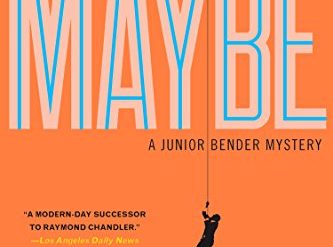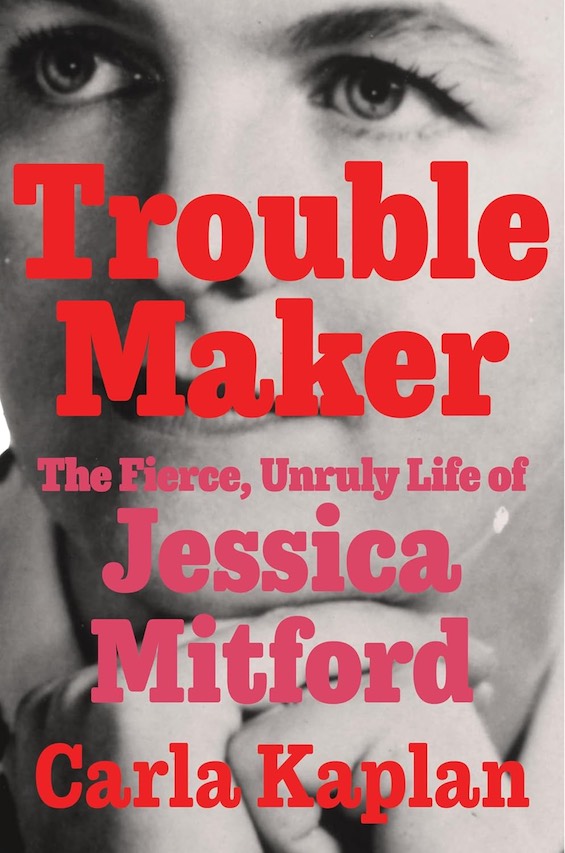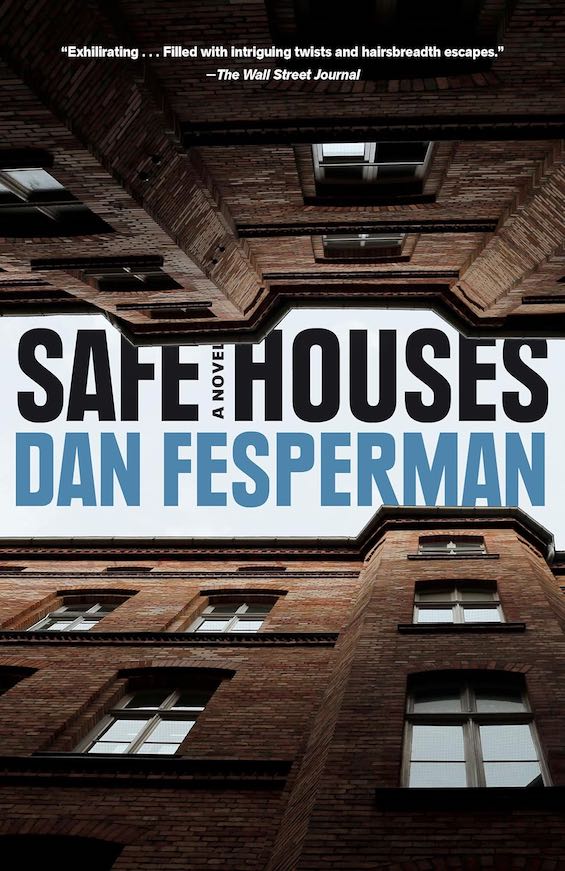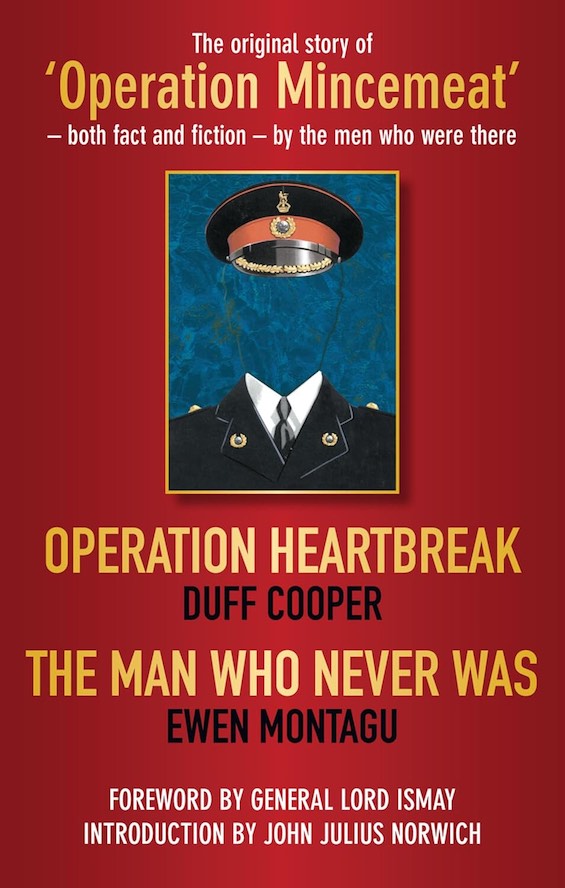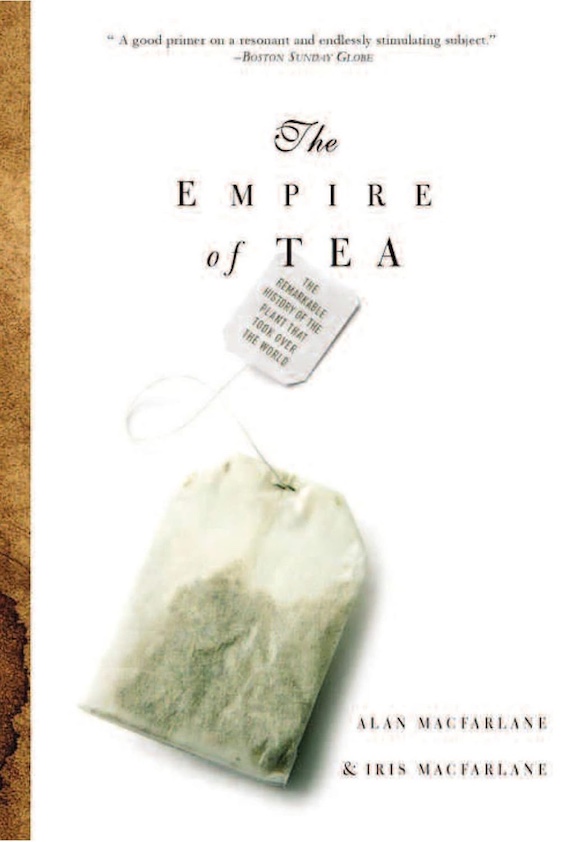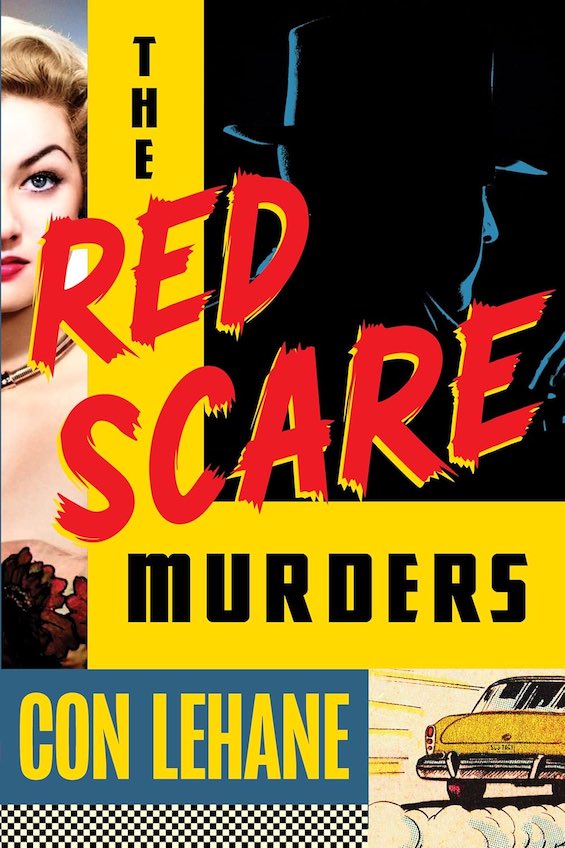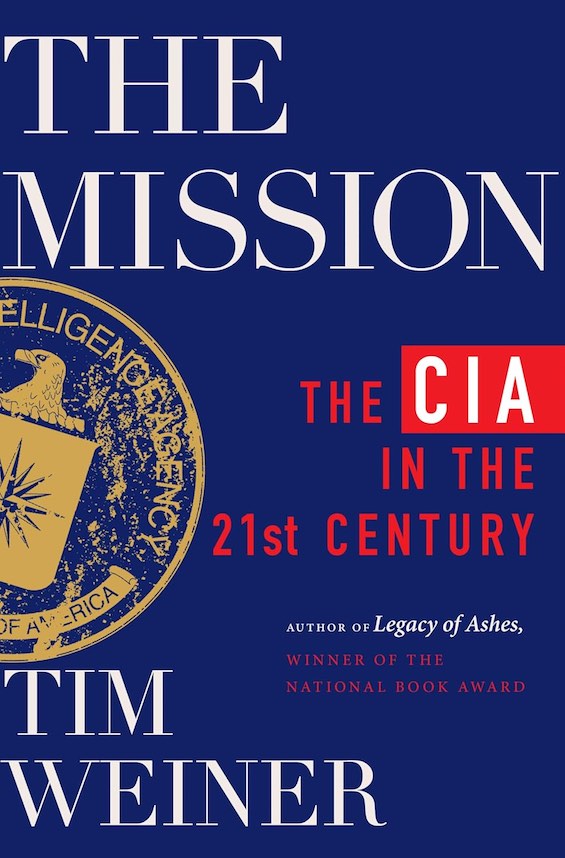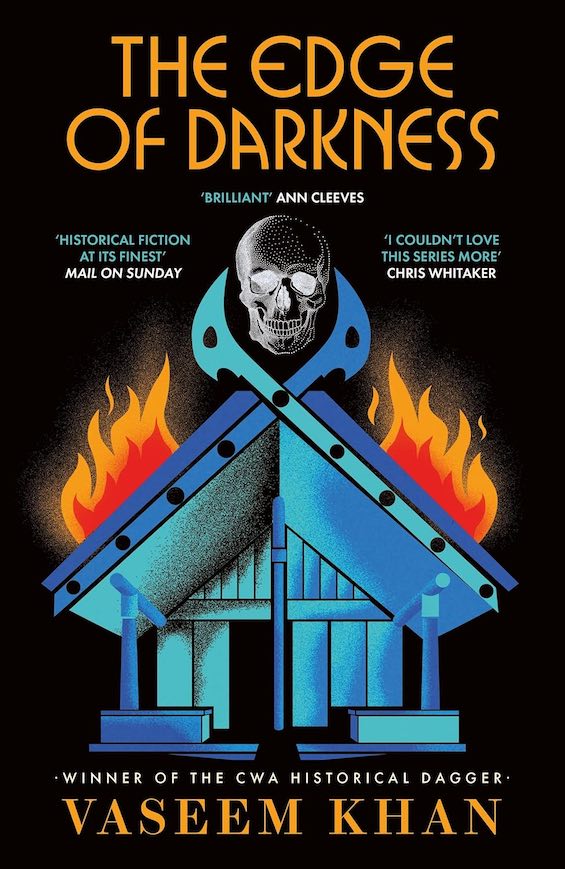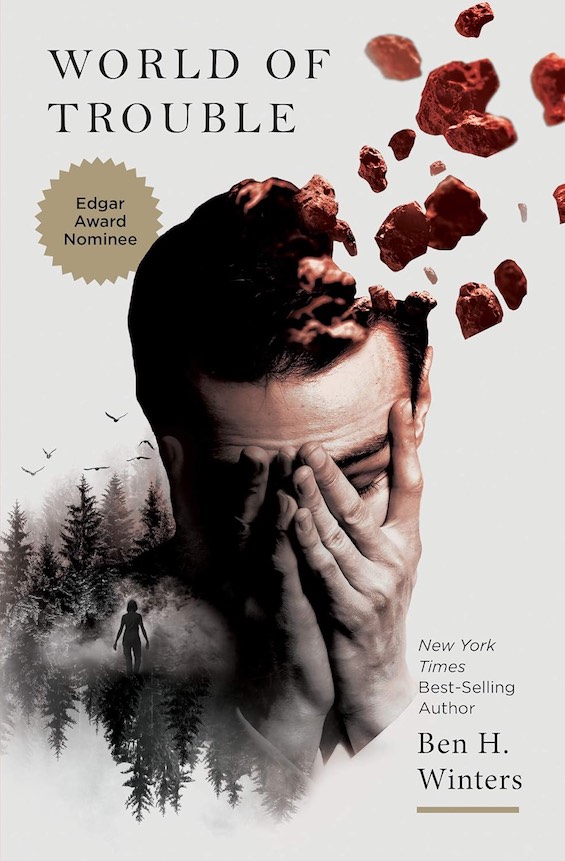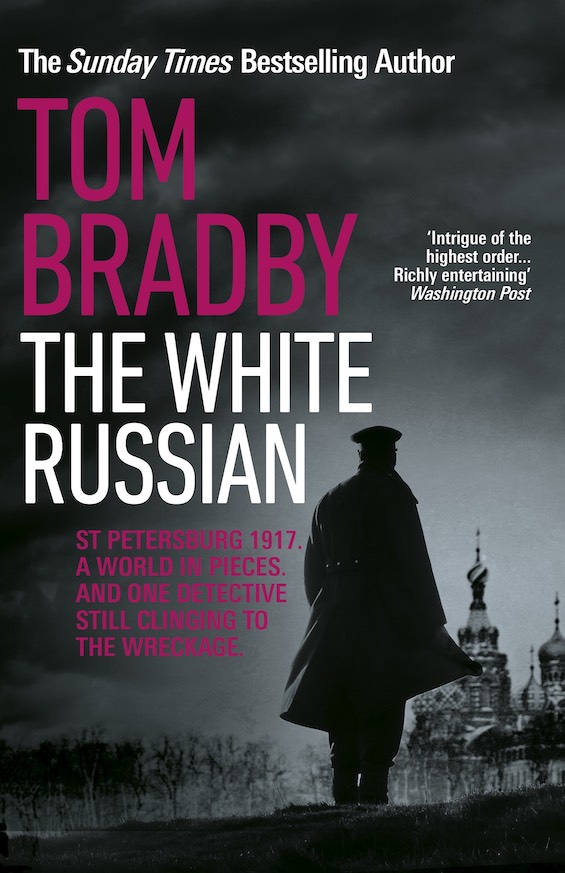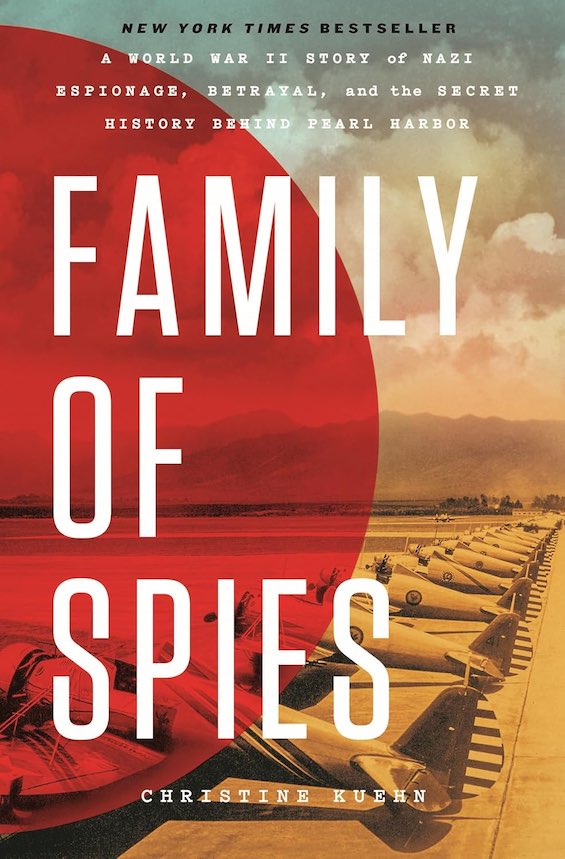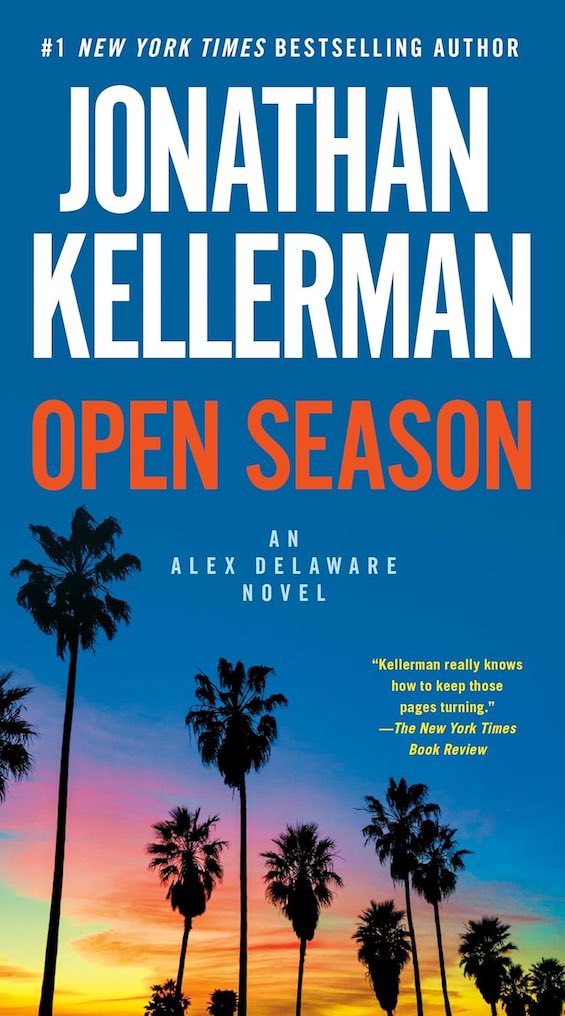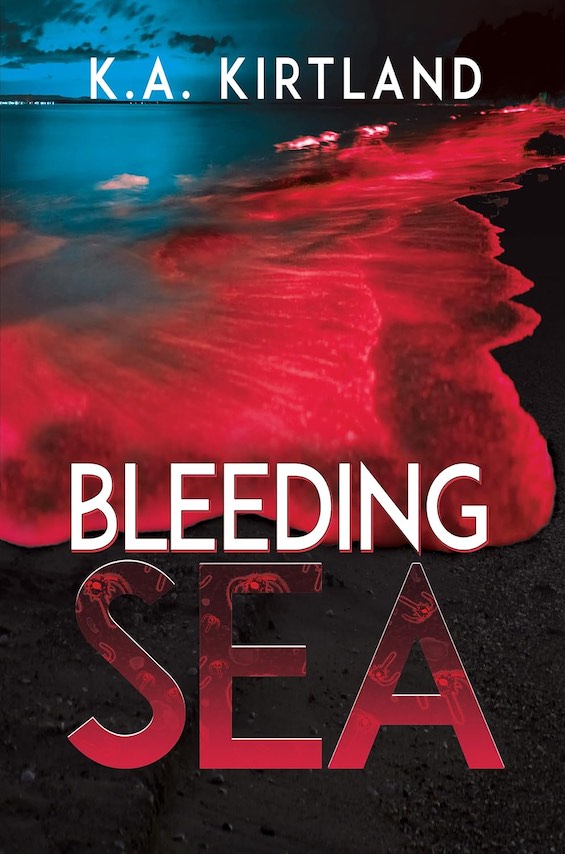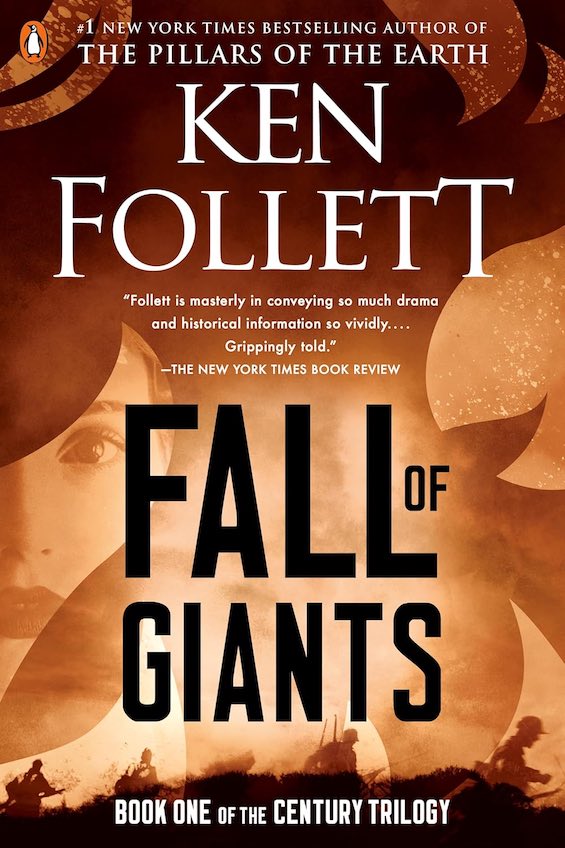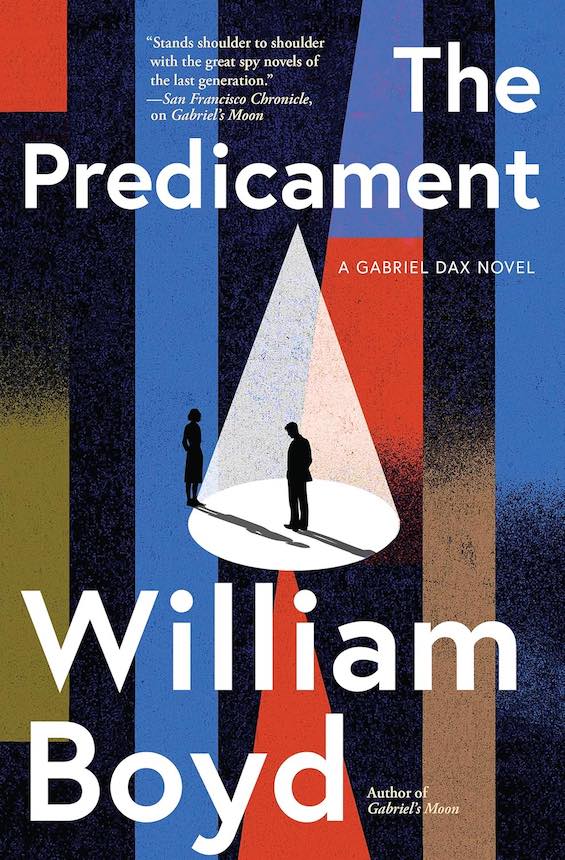Here we have a strange, depressing, dystopian novel about a suicide prevention clinic that trains and supplies suicide bombers to terrorist groups. It’s satire, I suppose. Now, if you can swallow that premise, you might enjoy Empty Hearts, a thriller of sorts by the German lawyer and author Juli Zeh. She’s a serious writer and an establishment figure in her homeland—a judge, no less—and reviews of the novel suggest that many people must have enjoyed reading it. Or maybe just the reviewers did. But I didn’t. A suicide bombing satire just doesn’t appeal to me. So why did I read it? Who knows? I read a lot.
Suicide prevention and suicide bombers
Empty Hearts is set about twenty years in the future. Right-wing forces have swept into government throughout Europe, pulling the EU apart, one country at a time. In Germany, a nationalist movement called the Concerned Citizens Crusade (CCC) has pushed aside Angela Merkel—the book was first published in 2017—and begun dismantling German democracy with a focus on “efficiency.” With peaceful outlets for protest closed, activist groups have turned to terrorism. But these groups, lacking means of their own to recruit and train suicide bombers, turn to The Bridge, a small suicide prevention clinic in the second-tier German city of Braunschweig,
Empty Hearts by Juli Zeh (2017) 288 pages ★★☆☆☆
A twelve-step program for suicide bombers
The founder and sole owner of The Bridge is Britta, “a wife, mother and successful businesswoman.” She employs her best friend, an Iraqi immigrant named Babak, who has advanced computer skills. Babak has written an algorithm named Lassie that scours the Internet to identify Germans who have declared their intention to kill themselves. Britta persuades them to enter her twelve-step program to determine whether they’re truly suicidal.
Few are, it turns out. And when they leave the program they often express their gratitude with large checks. But the few who are clearly determined to die . . . well, they get the full treatment. And there are plenty of organizations—Islamists, environmental extremists, and others—who are eager to pay large sums to The Bridge for trained suicide bombers to act on their behalf.
Oh, and this is all legal. “Assisting suicide is not a crime.”
Now, there’s a competing program
A failed suicide bombing at the Leipzig airport triggers the action in Empty Hearts. Britta had thought she’d supplied all the recent suicide bombers in Germany, but the pair who stupidly attacked the baggage depot at Leipzig, well, somebody else had sent them. And not even ISIS trains its own suicide bombers anymore. So, it turns out that now The Bridge has a competitor. As Britta and Babak investigate the attack, they eventually learn that the new company is called Empty Hearts. (The name comes from a Rolling Stones song.) And, apparently, a diabolical multimillionaire in Berlin with seemingly endless resources bankrolls the company.
Soon, life for Britta and Babak becomes complicated as Empty Hearts aggressively moves to put them out of business. New characters enter the scene. A lot happens. But the story never makes much more sense than it did at the beginning.
About the author
According to her publisher, “Juli Zeh studied law in Passau and Leipzig, and holds a doctorate in international law from the University of Saarbrücken. She is one of Germany’s most successful authors of both literary thrillers and novels.” She was born in 1974 and has lived in Leipzig since 1995.
Wikipedia notes that “Since January 2019, Zeh is an honorary judge at the constitutional court of the state of Brandenburg. She was one of the first signers of the Open letter on the German position regarding the Russian invasion of Ukraine in April 2022, who demanded not to support Ukraine with arms in order to ‘prevent a third world war.'” She has published eight novels that have been translated into English as well as a great many more that have not been translated.
For related reading
For a more favorable assessment of this novel, see “A Dystopian Cocktail, Served Chilled With a Twist” by Adam Sternbergh (New York Times, July 26, 2019).
You’ll find more palatable treatments of dark futures at The top 10 dystopian novels.
For mysteries and thrillers that are less depressing, see 26 mysteries to keep you reading at night.
And you can always find my most popular reviews, and the most recent ones, on the Home Page.

